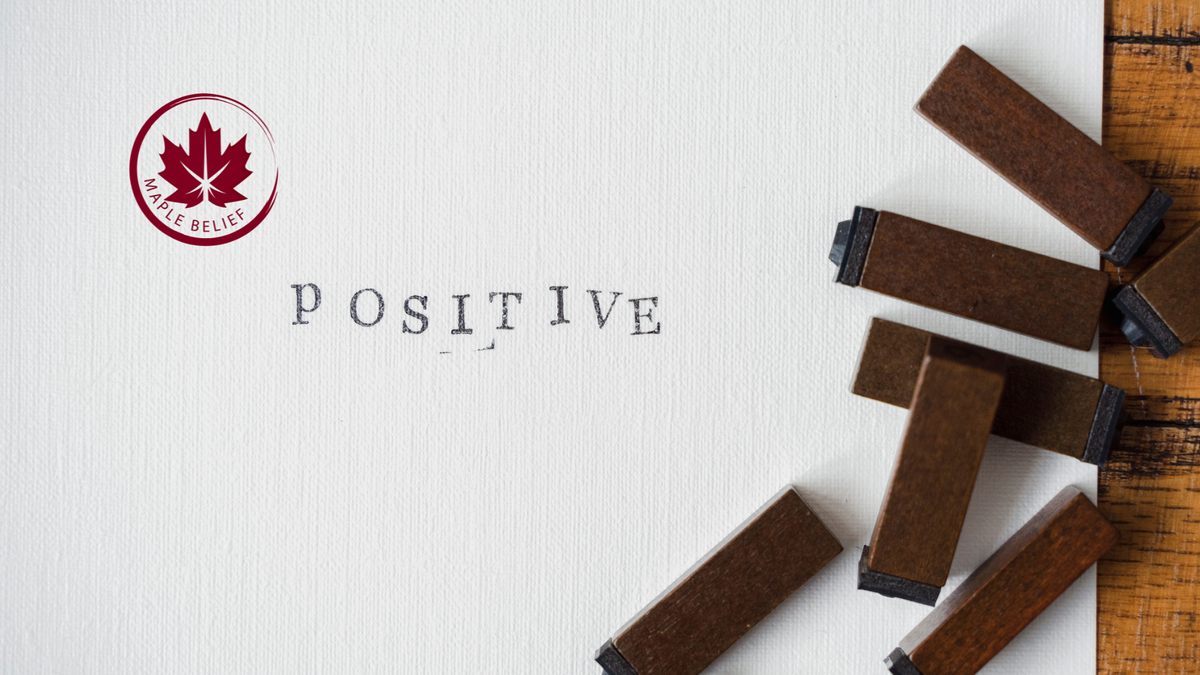Beyond Positivity
The Science of Sustainable Well-Being

The Science of Sustainable Well-Being
Turn on the TV or scroll social media, and you’d be forgiven for believing happiness means having six-pack abs, a million-dollar salary, or a hospitality-sized kitchen. The self-help industry churns out books and gurus at a dizzying pace, each promising their formula holds the elusive secret to being on cloud nine forever.
Yet despite our culture’s laser focus on chasing positive emotions, average happiness levels remain surprisingly stagnant. The constant pressure to be upbeat can instead drive discontent when reality falls short of perfectionistic expectations. This reveals a major blind spot—happiness and positivity, while wonderful aspirations make for poor master goals. Simply put, emotions were never designed to be permanent states, positive or negative.
Growing research reveals sustainable well-being stems less from trying to simply feel good but from nurturing psychological resilience and skills for navigating life’s inevitable ups and downs. The exciting implication? Well-being ultimately depends less on external circumstances and more on how we relate to our experience. This suggests that even amidst great challenges, we have more capacity to influence our mental health than previously believed.
The fluid nature of emotions
To grasp the fleeting nature of emotions, consider an evolution-based theory psychologists call the savanna hypothesis. It speculates that our brains developed anxieties around threats like snakes, spiders, and predators to ensure survival when we inhabited the vulnerable open plains. Back then, periods of relief and happiness indicated relative safety.
In today’s world, where most don’t live under constant physical threats, those old emotional switches still flip on and off, but often in response to symbolic stressors like work pressures, finances, or conflicts. Hence, the surges of anxiety, frustration, and disappointment many experiences.
Conversely, exciting events like vacations or successes briefly boost our happiness only to recede back into the status quo. Emotions simply aren’t designed to endure permanently. Well-being, however, encompasses something deeper and more lasting—a mindset and set of practices for thriving through all seasons of life.
Hallmarks of Sustainable Well-being
Groundbreaking research reveals well-being arises from multiple, interconnected facets of life, such as:
- Positive Emotions: feeling contentment, joy, awe, and other pleasant states some of the time.
- Engagement: losing ourselves in meaningful pursuits that utilize our gifts and talents.
- Relationships: being part of supportive communities and enjoying intimacy with those we love.
- Meaning: believing our lives and work matter beyond just our own experience.
- Accomplishment: the sense of achievement and progress towards some definition of success.
Additionally, acceptance plays a key role - embracing the full spectrum of emotions and inevitable setbacks along the way rather than resisting. Chronic frustration surfaces mainly when we fail to reconcile dream scenarios with real life. Each component complements the others to form the foundation of sustainable mental health.
The Neuroscience Behind Well-Being
Just as our muscles strengthen with consistent exercise, so too can neural pathways supporting well-being grow with regular practice. The technical term neuroplasticity refers to the brain's amazing ability to create new connections and bypass old reactions when we consciously repeat healthier responses.
Introducing and reinforcing positive habits essentially helps rewire our brain’s automatic reactions to potentially stressful events. For example, studies on gratitude journaling reveal that, over time, the daily habit of noting little blessings and joys trains our brain to scan for the positive more naturally. What we consistently focus upon and appreciate truly expands.
Likewise, investing in close relationships strengthens neural activity in areas linked to happiness and emotional stability. While culture emphasizes individual responsibility for wellness, our brains thrive most with regular and meaningful social connections.
Building the Pillars of Well-Being
Skill-building around research-backed practices allows us to steer our own well-being in a lasting way. Techniques for cultivating sustainable well-being include:
- Noticing positive moments and emotions with a mindful presence rather than taking them for granted. Pausing to consciously savour these passing experiences etches them deeper in memory.
- Carving out periods for rejuvenating solitude without distractions to reflect and reconnect with personal values. Our truest essence often speaks most clearly in stillness.
- Developing a gratitude practice of sharing appreciation and giving small gifts or acts of service. Gratitude literally cannot coexist with negative states like resentment, frustration, or envy.
- Fostering mutually supportive relationships that encourage vulnerability, account for imperfections, and nourish a sense of belonging.
- Seeking meaningful pursuits like volunteering, learning, or creativity that tap strengths and bring purpose. Engagement depletes us less than empty activities.
Remember, though, that well-being is neither a permanent state nor a solo pursuit. Be wary of messaging that well-being is merely a personal responsibility or moral imperative. Reality often involves hardship and systems limiting access to critical resources. While individual practices help navigate challenges, the collective experience of human suffering calls us to both self-compassion and social reform.
Most importantly, sustainable well-being allows space for the full spectrum of emotions, including painful ones, as inevitable and temporary rather than failing at happiness when hardship arises. It rests in the mindset of embracing life’s mosaic moments as they come and go without grasping or condemning them. With this bird's-eye view, we can appreciate that both darkness and light hold gifts, and silver linings glisten brightly if we but turn them in the sun.